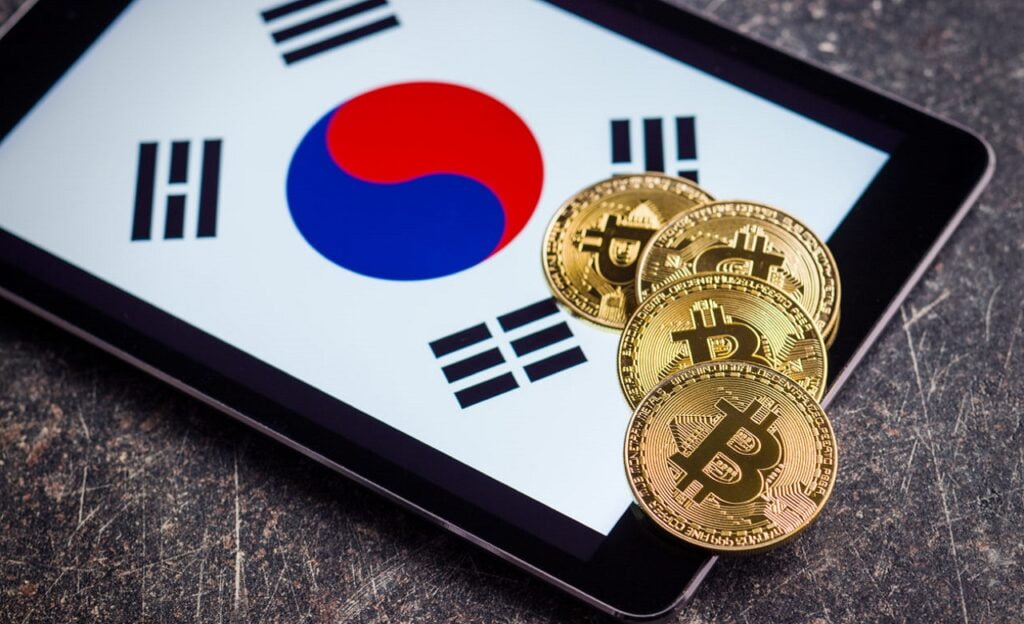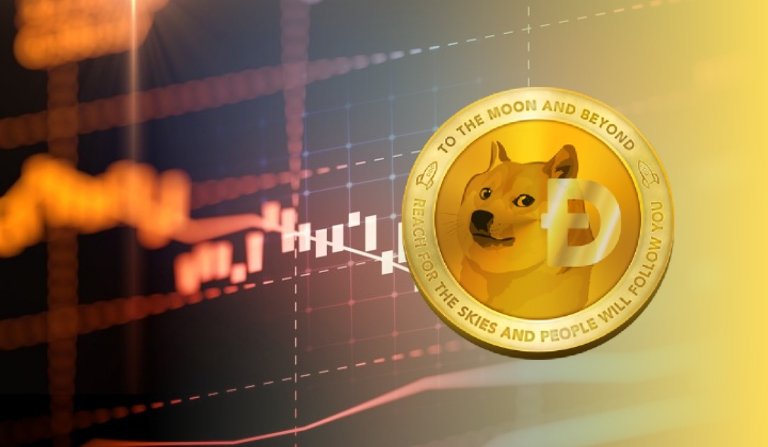South Korea has made a decision for Binance. Everyone is wondering what will happen in the world of crypto money now. The decision includes real-time monitoring of wallet addresses. In addition, South Korea is taking another step. It plans to implement a system that allows funds to be frozen on cryptocurrency exchanges and Binance.
What does the Binance decision mean?
A meeting will be held with Binance and the top 5 exchanges in South Korea to discuss the implementation. South Korea is looking to watch the stock markets closely. South Korea aims to introduce a real-time tracking system for Binance to increase surveillance. The National Police Service will host an active discussion with Binance and the top five exchanges on May 30. The agency aims to establish a criminal investigation system for real-time monitoring of wallet addresses. Therefore, it can request Binance to freeze funds when necessary.

This decision has an important repercussion. It comes after Binance bought a controlling stake in Gopax to re-enter the South Korean cryptocurrency industry. Binance claims to have a dedicated team to monitor the market and report suspicious activity to the relevant authorities. It also provides training to government agencies. On the other hand, they have demonstrated their determination to fight crypto-related crimes and ensure compliance. In October, the National Police Service signed agreements with five major exchanges to develop a crypto-asset exchange approval system. When searching for a particular wallet address, the authorities notify the relevant exchange. Currently, 2086 inspectors are using this system. In this context, it plans to expand the scope of the system to include all 36 local exchanges.
active work
South Korea is actively working with Binance to strengthen its cryptocurrency surveillance. The recent approval of Kim Nam-guk’s Prevention Act requires government personnel to disclose cryptocurrency holdings. Authorities are also making use of blockchain analytics. Accordingly, this increases the workforce of investigative departments to combat cryptocurrency-related crimes and money laundering. The Financial Audit Service will expand its investigation departments and set up expert teams to gather information and respond to digital investigations, demonstrating South Korea’s commitment to improving cryptocurrency regulation.
In the crypto world, there is a follow-up for Binance-listed DOGE and other cryptocurrencies. Especially in some countries, there is more interest in some cryptocurrencies than Bitcoin. Maybe it should be treated as a normal situation. However, such a change in trends is not possible in every country. Therefore, South Korea presents a different picture. Perhaps their expectations have also changed.
Chasing Binance-listed DOGE and other coins
A report came up by Kaiko in the past hours. The report presents an interesting development to the market. Accordingly, South Korea has taken a unique attitude in the crypto money market. Therefore, the report looks at the South Korean cryptocurrency market. It sets them apart from their counterparts around the world by shedding light on South Korea’s unique market structure. Interestingly, South Koreans are gravitating towards the Binance-listed DOGE coin. Bitcoin (BTC) and Ethereum (ETH) reign as dominant assets in most countries. However, the preferences for South Korean traders are more in favor of altcoins.

Kaiko data reveals that since the beginning of this year, XRP has emerged as the most heavily traded altcoin on Korean exchanges. Trading pairs of Binance-listed XRP against the Korean won (KRW) accounted for a staggering 12% of the total trading volume. Other notable altcoins traded in the Korean market include Dogecoin (DOGE), SAND, and Ethereum Classic (ETC). Each of them has a considerable market share of 3-4%.
XRP trading volume is high
As Cryptokoin.com we have previously mentioned, South Korean crypto enthusiasts have a unique affinity for XRP. In March, altcoin trading volume skyrocketed on South Korea’s three largest exchanges. In this context, apart from DOGE, XRP has captured the lion’s share of the cryptocurrency market in South Korea. Major exchanges like Bithumb and Upbit saw the altcoin account for 37% and 18% of their total trading volumes, respectively.

Meanwhile, Korbit, a smaller exchange, witnessed an astonishing 50% of trading volume in XRP alone. DOGE volume was also increasing. As the Korean market matures and evolves, it explores the unique nature of this market. And it shouldn’t be too strange for us to see more changes in trading preferences and behavior reflecting its relationship with emerging technologies and financial systems. After all, this is also about the cryptocurrency community in the country. These are probably the most talked about cryptocurrencies in the country.